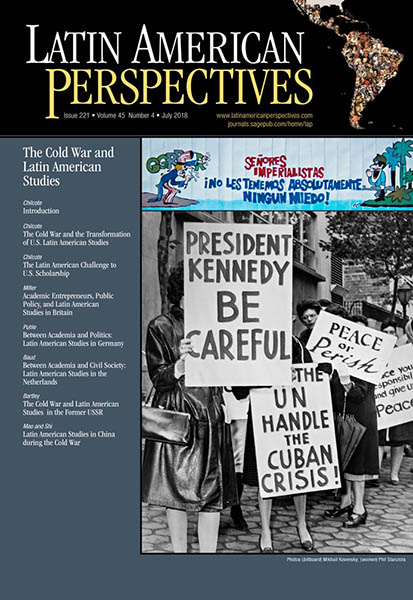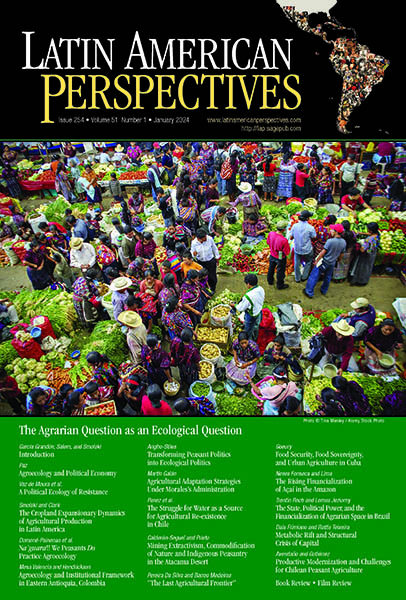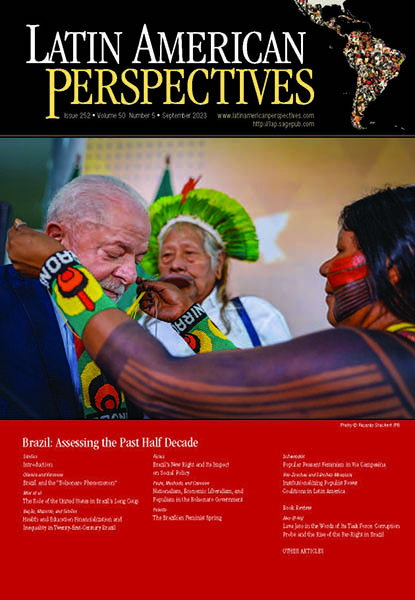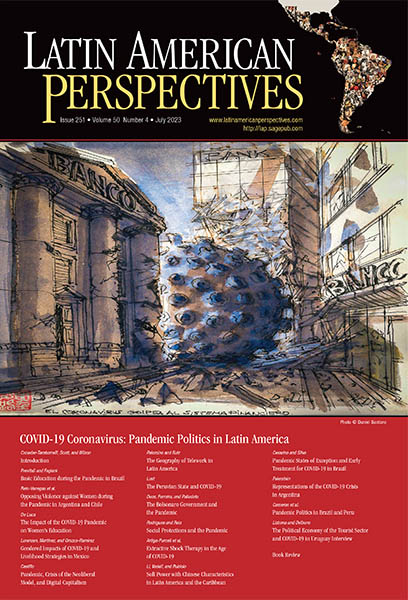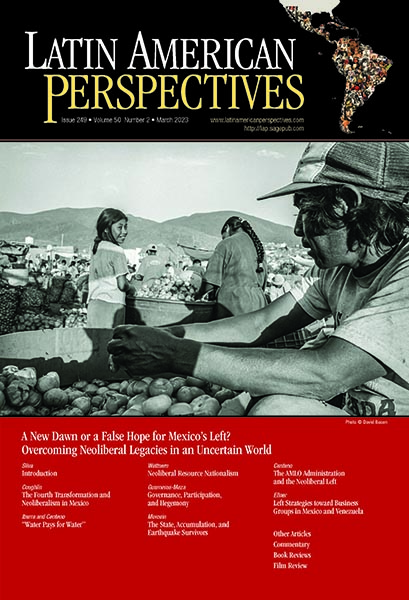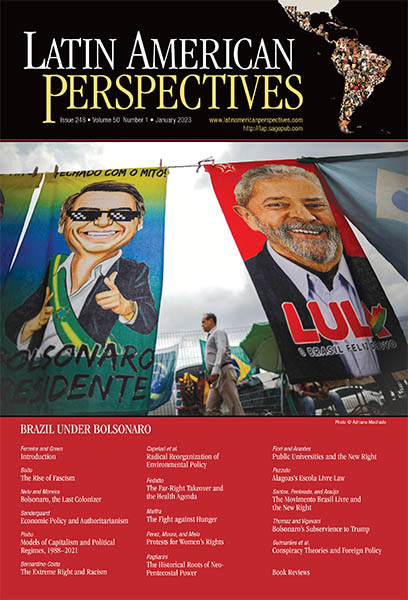The Cold War shaped and deeply impacted Latin American Studies after World War II. This special issue includes incisive essays on the United States, United Kingdom, Germany, Netherlands, Soviet Union, and China. Initially LAS evolved alongside U.S. foreign policy and a series of coups to contain progressive movements and support conservative authoritarianism, beginning in Guatemala (1954), but progressive movements emerged after the Cuban Revolution (1959). A younger generation of radical intellectuals and Latin American exiles helped to transform the Latin American Studies Association (LASA) from its conservative beginning into an active organization of academics focused on issues within Latin America.
![]()


